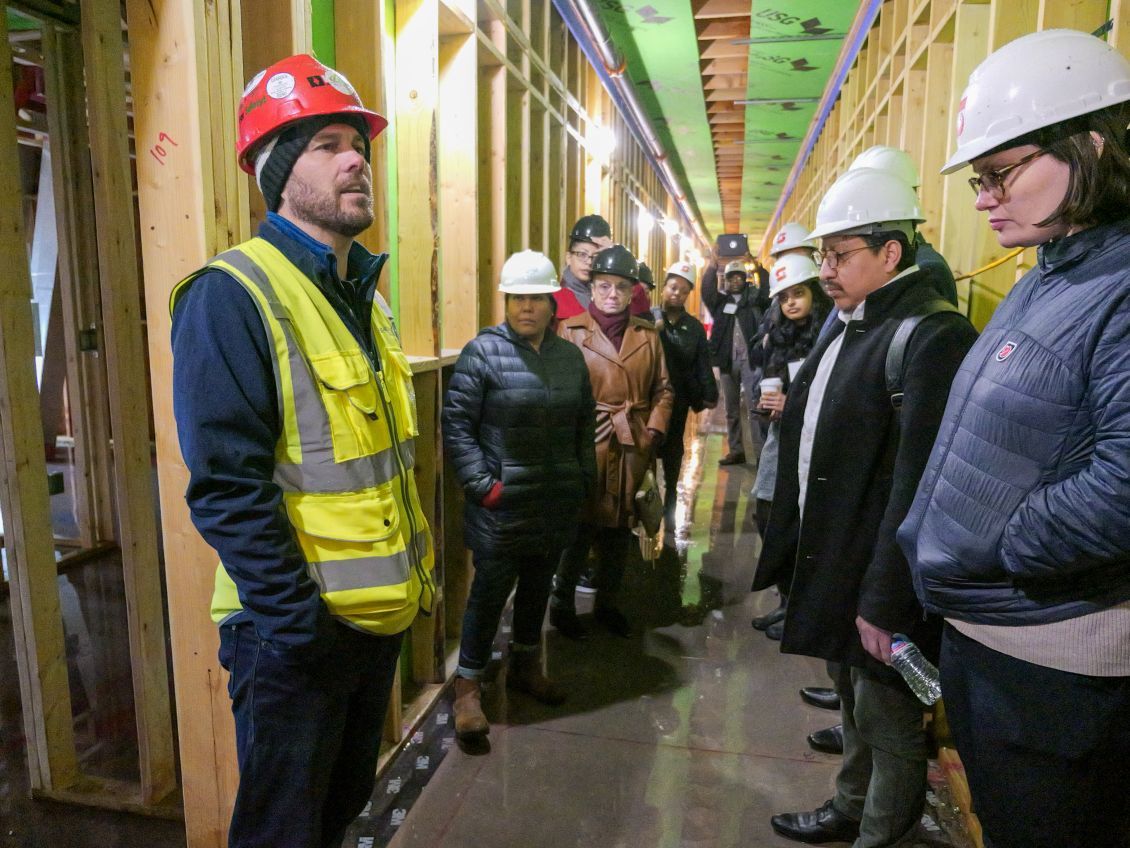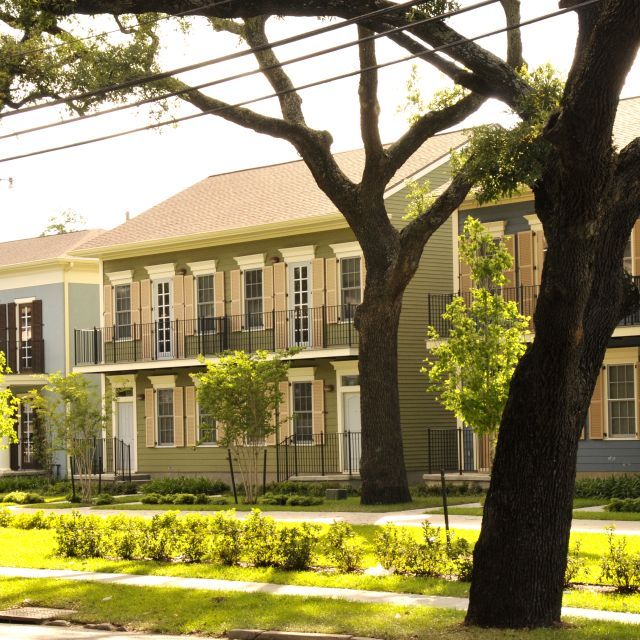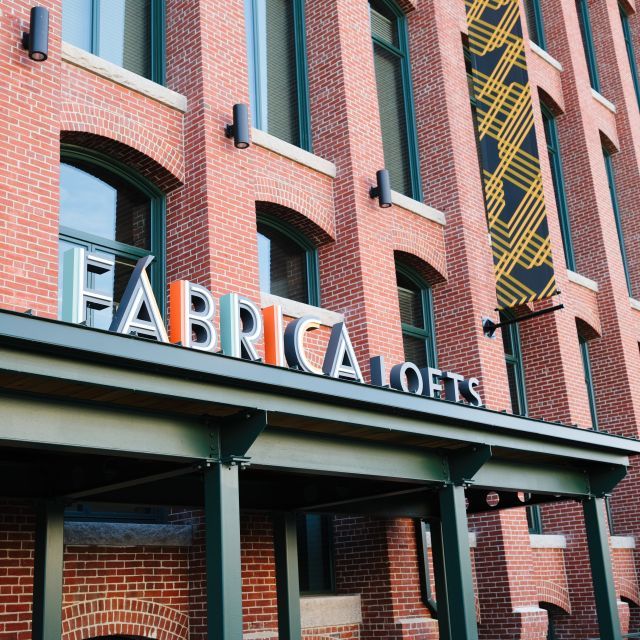Homes in the Midwest are not immune to the effects of climate disasters and extreme weather events. Flooding, soaring temperatures, and severe storms have affected thousands of residents in multifamily affordable housing in the past several years, with two billion-dollar disaster events already occurring in 2024.
At the same time, Midwest housing providers face the same insurance rate increases and policy cancellations affecting the sector elsewhere in the nation, spurred by intensifying weather events that can be more costly than hurricanes.
This spring, 20 affordable housing owner/operators from Illinois and Michigan participated in our Midwest Climate Resilience Academy, a five-session training series providing information, resources, and technical assistance (TA) to affordable housing providers on protecting their portfolio against the region’s unique climate hazards. Participants received one-on-one TA, a funding/finance guide, and the opportunity to apply for a $25,000 resilience capacity grant. Three cohort members, Develop Detroit, Chicago Metropolitan Housing Development Corporation, and Bickerdike Redevelopment Corporation were selected to receive the $25,000 grants to complete projects that will increase climate resilience within their portfolio and improve quality of life for tenants.
Enterprise launched the regional Resilience Academies in 2021 to share lessons learned from our work with affordable housing owners after Hurricane Maria in Puerto Rico and the Northeast’s Superstorm Sandy. Over 10 weeks, partners learn from subject matter experts and peers, and dive into a series of topics such as: Understanding Climate Risk, Implementing Resilience Strategies, Funding and Financing, Business Continuity Planning, and Local Funding and Decarbonization Strategies.
The Midwest academy was Enterprise’s 6th Resilience Academy, with a Mid-Atlantic series rolling out this fall and planning underway for a 2025 Tribal Nations Resilience Academy.
My biggest takeaway is that climate resilience is possible and not as far-fetched as I believed it was prior to joining.
cohort member
On September 19, Enterprise will host a webinar to share lessons learned to date across the regional academies.
The academies introduce affordable housing providers to tools designed to help them understand risk, build readiness plans, and mitigate impact. The tools include:
- Portfolio Protect
- Business Continuity Planning Toolkit
- Climate Safe Housing: Strategies for Multifamily Building Resilience
- Affordable Housing Decarbonization Hub
- Enterprise Green Communities
The Midwest cohort was unique in that, when asked what they hoped to achieve with regard to resilience planning, the majority of participants said they wanted to secure funding for climate adaptation projects. In contrast, participants from the past two West Coast and Rocky Mountain cohorts ranked achieving business continuity planning as their highest priority.
Regarding key insights drawn from the Resilience Academy, Midwest participants noted the importance of building resilience planning into developments from the beginning, taking advantage of existing funding initiatives, and learning how their peers are adapting to climate change issues.
Enterprise and its Power Forward Communities coalition members will provide financing and technical assistance to advance affordable decarbonization of housing through a $2 billion grant National Clean Investment Fund grant from the Environmental Protection Agency. Sign up to learn more about upcoming opportunities this fall.
The Midwest Resilience Academy was made possible with the generous support of our sponsors, Mackenzie Scott, State Farm, JPMorgan Chase & Co., and the Federal Home Loan Bank of Chicago. For more information on the Resilience Academies, please contact Shivali Gowda.



